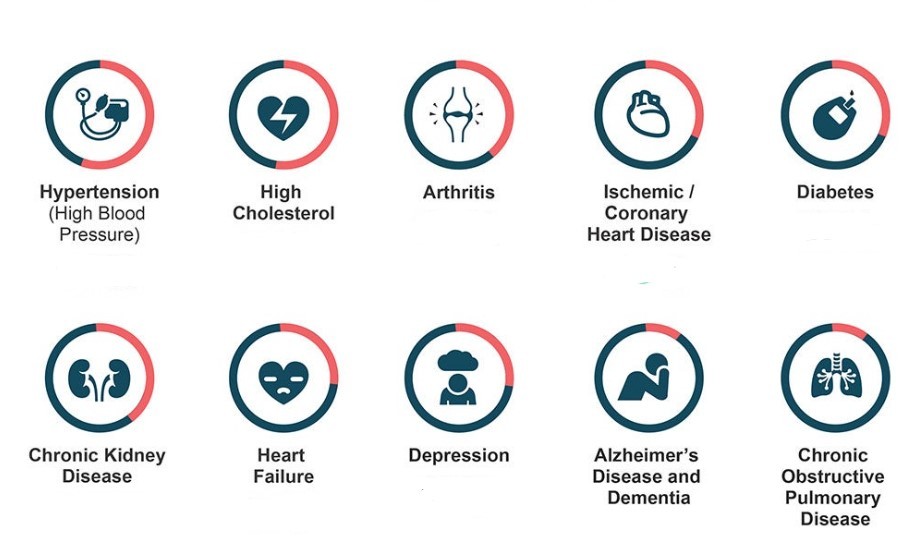13/02/2024
13/02/2024

KUWAIT CIT, Feb 13: In a sobering revelation, Dr. Abeer Al-Bahwa, Director of the Health Promotion Department at the Ministry of Health, unveiled alarming statistics regarding the prevalence of chronic diseases in Kuwait. Addressing attendees at the commencement of a workshop titled "Kuwait is on the move...united for physical health," in collaboration with the World Health Organization office in Kuwait, Dr. Al-Bahwa underscored the urgency of addressing the escalating crisis.
Dr. Al-Bahwa highlighted that chronic diseases account for a staggering 79 percent of all deaths in Kuwait, claiming the lives of approximately 41 million individuals annually. These figures, she noted, constitute a significant portion—74 percent—of global mortality rates. The workshop, she emphasized, aims to shed light on the critical risk factors contributing to the proliferation of chronic diseases, particularly in Kuwait and the wider Middle East region.
Key among these risk factors is the prevalence of physical inactivity, Dr. Al-Bahwa emphasized, citing data that underscored high rates of sedentary lifestyles in Kuwait. Recognizing the imperative of promoting physical activity across all age groups, she outlined the workshop's objectives to foster health awareness and formulate policies aimed at combatting physical inactivity and its associated health risks.
Dr. Al-Bahwa further delineated the harrowing statistics concerning the prevalence of various chronic diseases in Kuwait. Cardiovascular diseases, she revealed, account for the highest proportion of deaths at 41 percent, followed by cancer and respiratory diseases at 15 percent and 3 percent, respectively. Additionally, obesity and diabetes rates remain alarmingly high, with significant disparities observed across gender and social strata.
Moreover, Dr. Al-Bahwa highlighted the economic burden imposed by chronic diseases, citing the substantial healthcare costs amounting to over 25 million Kuwaiti dinars annually, as reported by the World Health Organization. This figure, she warned, is expected to escalate further in the coming years, underscoring the urgency of proactive measures to address the crisis.
In conclusion, Dr. Al-Bahwa reaffirmed the Ministry of Health's commitment to reducing physical inactivity rates by 15 percent by 2030, aligning with global Sustainable Development Goals and World Health Organization directives. Emphasizing the multifaceted benefits of maintaining an active lifestyle, she urged concerted efforts toward fostering a healthier, more resilient society in Kuwait.


